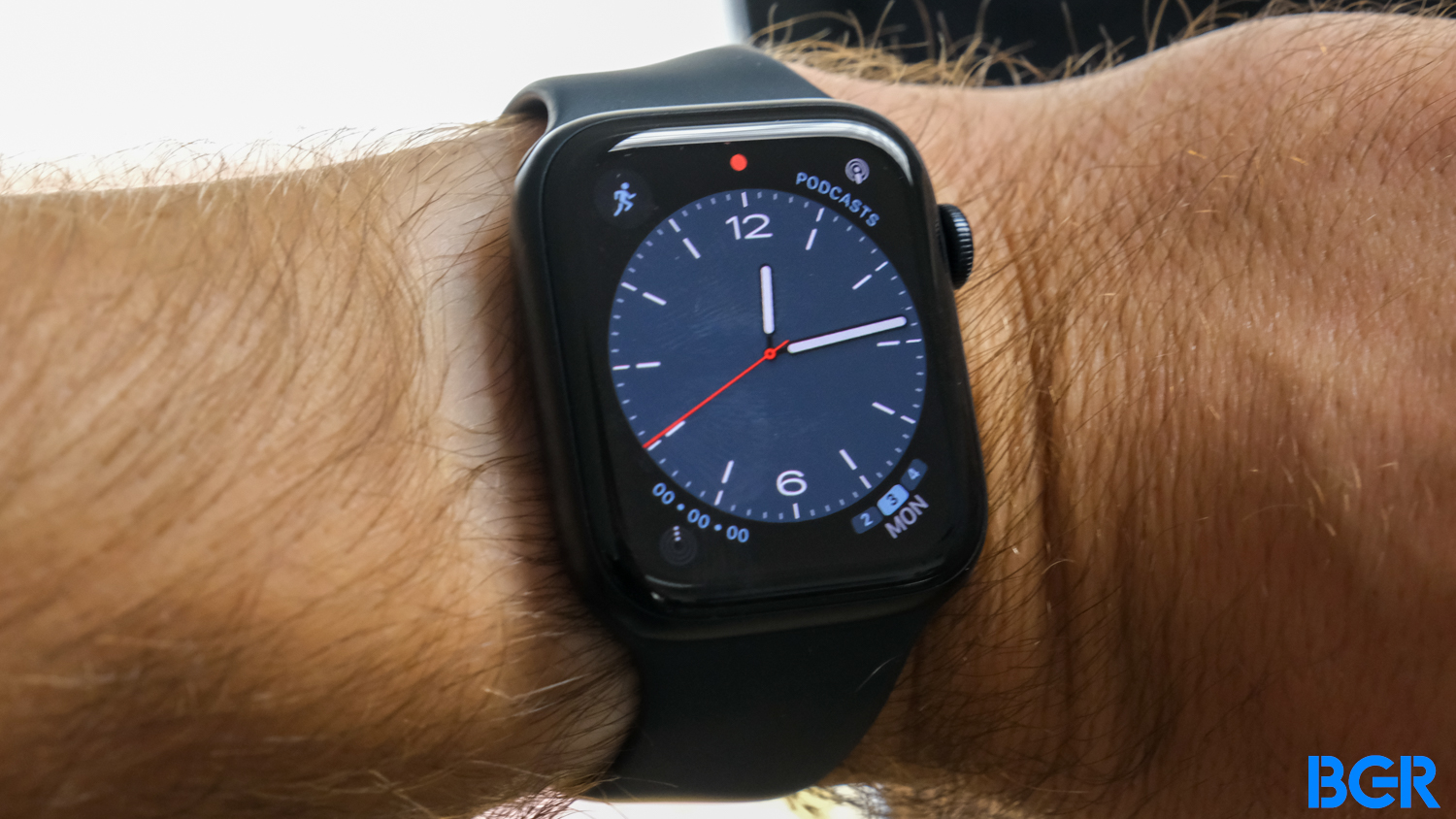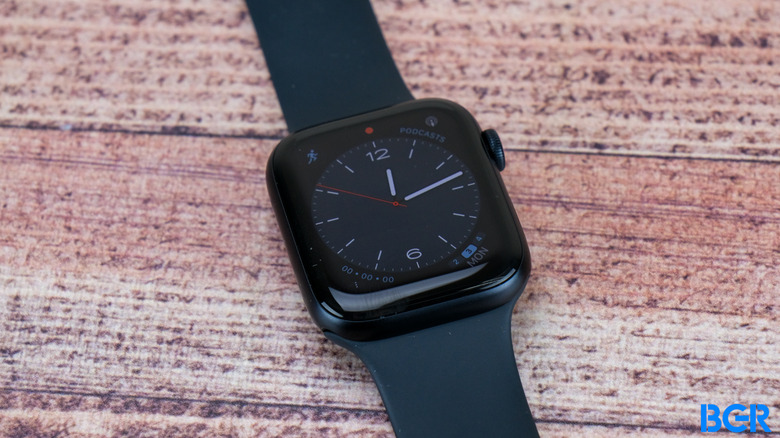Apple Watch Can Accurately Detect Stress, Study Indicates
Stress is part of our daily lives; it's how the mind and body react to external conditions, allowing us to operate. But stress also hurts us, whether it impacts the body or mind. Researchers from the University of Waterloo, Canada, set out to see whether the Apple Watch can detect and track stress levels. And it turns out that Apple's wearable can accurately predict stress levels.
The thinking here is that Apple might one day introduce stress monitoring features into watchOS. It could combine data from the device's sensors with algorithms to predict and track stress levels and offer immediate solutions to people to help reduce stress. In turn, this could have a beneficial effect on the Apple Watch user's well-being.
The researchers gave 33 subjects two devices, the iPhone 7 and an Apple Watch Series 6 that supports ECG monitoring. Furthermore, they instructed the participants to collect ECGs six times a day, three hours apart. Before each ECG measurement, the participants would complete a stress questionnaire on the iPhone 7.
The scientists collected data for two weeks from each volunteer and then developed machine learning algorithms to interpret the data. The researchers used the ECG to extract heart rate variability (HRV) values, a parameter that can quantify stress.
They found that the Apple Watch can be a predictor of stress, especially when it comes to detecting the absence of it:
In general, the 'stress' models had a high level of precision but lower recall. The 'no stress' models performed generally well with a recall typically above 60%. Considering the ultra-short duration of the ECG measurements performed here compared to the standard, as well as the nature of real-life measurements, the results presented were quite promising.
The researchers say this is "the first study to use Apple Watch ECG data to predict the stress levels of individuals."

"The results are currently in the low-end of state-of-the-art," and more research is required to improve the findings. A larger, more diverse sample of volunteers could further refine the results.
Moreover, the researchers speculate that additional health data points from the Apple Watch, like sleep and physical activity, could further improve the device's ability to predict and track stress.
Put differently, Apple might be in a better place to build stress-tracking features into the Apple Watch. The company might be already working on such features, but that's speculation.
Apple is certainly in a position where it could create advanced algorithms that look at multiple data points to determine stress levels. The company would certainly want the feature to be reliable so it can provide actual help to users. The Watch could offer the user suggestions for lowering stress levels once it detects stress.
Apple might also want to figure out ways to track stress passively. The researchers had volunteers take multiple ECGs paired with questionnaires. That sort of procedure is stressful in itself. Ideally, a wearable would determine stress levels without the user having to take any action.
As MyHealthyApple points out, competing devices offer stress monitoring systems, including Garmin and Fitbit.
